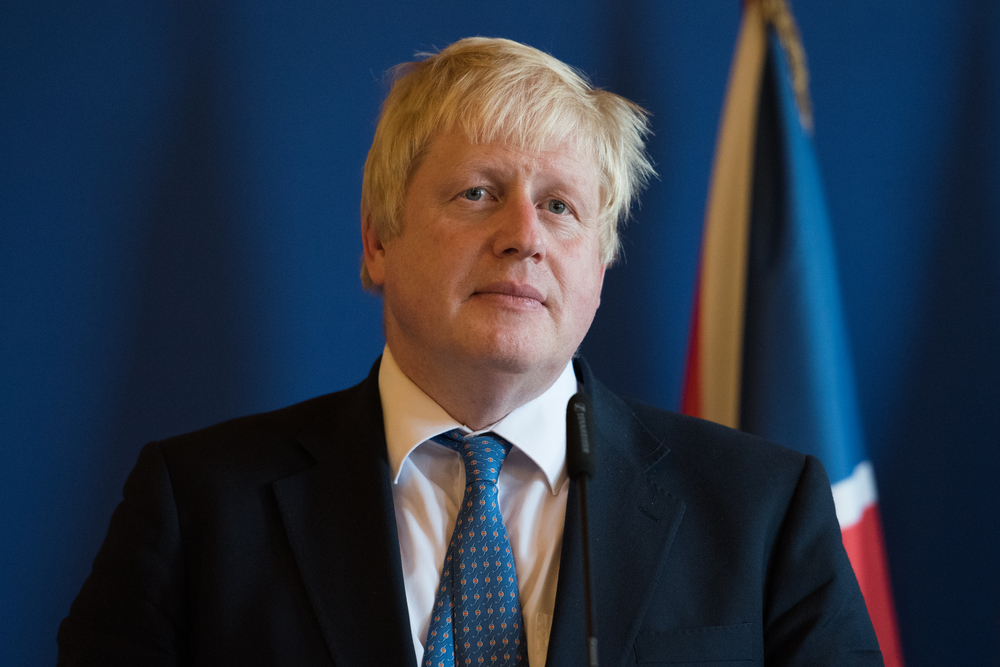Experienced Investor
Johnson calls for investment ‘big bang’ to drive UK recovery

Guest Author:
Emma LunnBoris Johnson and Rishi Sunak are calling for British pension funds to plough more retirement savers’ cash into UK assets to boost Britain’s long-term growth.
The prime minister and chancellor have written an open letter to the investment industry in which they urged UK institutional investors to invest a greater proportion of their capital in long-term UK assets such as pioneering firms and infrastructure. The letter comes ahead of the Investment Summit in Downing Street in October.
The two ministers believe that now is the time to “unlock the hundreds of billions of pounds” sitting in UK institutional investors and help drive the UK’s recovery from the pandemic.
The letter, co-signed by the prime minister and chancellor, said: “It’s time we recognised the quality that other countries see in the UK, and back ourselves by investing more money into the companies and infrastructure that will drive growth and prosperity across our country….
“…we want to see UK pension savers benefitting from the fruits of UK ingenuity and enterprise, being given the opportunity to back British success stories, and secure higher returns and better retirements.”
The letter argues that UK assets are overlooked by domestic investors while pension funds, based in Canada and Australia have been active in backing UK infrastructure projects which have provided a long-term income for their investors.

Wellness and wellbeing holidays: Travel insurance is essential for your peace of mind
Out of the pandemic lockdowns, there’s a greater emphasis on wellbeing and wellness, with
Sponsored by Post Office
The letter also pointed out that more than 80% of UK defined contribution pension funds’ investments are in mostly listed securities, which represent only 20% of the UK’s assets.
This challenge to investment companies comes alongside the action the government is already taking to remove obstacles to long-term illiquid investment within the UK, by setting up the UK Infrastructure Bank and introducing flexibilities into the cap on fees that defined contribution pension schemes can charge.
The government says it is also working closely with regulators to ensure a supportive regulatory environment.
Laith Khalaf, head of investment analysis at AJ Bell, pointed out that DIY investors can already gain access to illiquid assets like private equity, infrastructure and real estate within their SIPPs and ISAs.
He said: “Investment trusts offer investors access to these hard to reach areas of investment markets, because their closed-ended structure means they don’t have to sell underlying investments to meet investor withdrawals. The cost of that liquidity is reflected in the premium or discount the investment trust is trading at, which adds to the volatility of the investment. This is an area where investors do need to tread with caution, and should only have a small part of their portfolio invested, and be comfortable with the risks involved.
“Investors can also invest in small unquoted companies through VCTs and EIS, while capturing valuable tax breaks. These are high risk investments only suitable for the most adventurous investors, and must be held for the long term in order to qualify for the relief that is paid up front.”
Becky O’Connor, head of pensions and savings at Interactive Investor, said: “Pension savers might feel dubious about their money being used to support a UK recovery and be wondering whether this will compromise their life savings. It absolutely shouldn’t. We need to build back better and people also need bigger retirement pots and the two things can go hand-in-hand. Some institutional investors are doing this already.
“The primary duty of pension fund managers remains to deliver a good return to customers so they can retire with a decent income. This can be achieved through the kind of investments the government is suggesting, such as green infrastructure. A win-win is possible over the long term. But it can be easier to make the wrong decisions with other people’s money, too.”